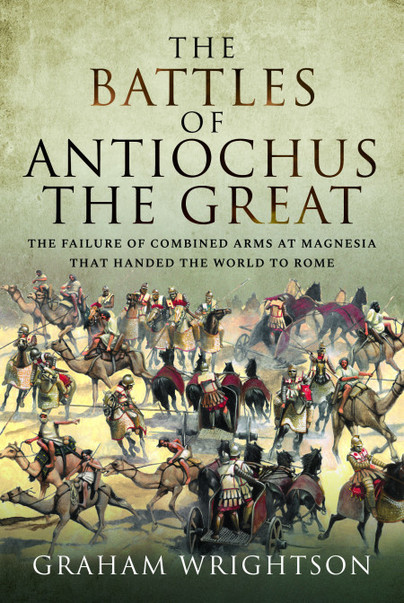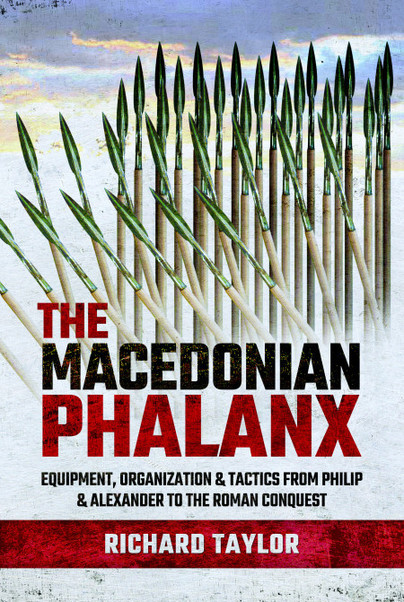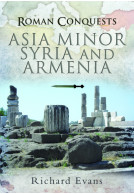The Battles of Antiochus the Great (Hardback)
The failure of combined arms at Magnesia that handed the world to Rome
Imprint: Pen & Sword Military
Pages: 184
Illustrations: 16 black and white illustrations
ISBN: 9781526793461
Published: 2nd February 2022
(click here for international delivery rates)
Need a currency converter? Check XE.com for live rates
| Other formats available - Buy the Hardback and get the eBook for £1.99! | Price |
|---|---|
| The Battles of Antiochus the Great ePub (3.1 MB) Add to Basket | £6.99 |
Antiochus III, the king of the Seleucid Empire for four decades, ruled a powerful state for a long time. He fought and won many battles from India to Egypt, and he lost almost as many. Compared with most of the other Hellenistic monarchs of Macedonian-founded kingdoms, Antiochus had a greater variety of units that he could field in his army. He was in a unique position among the other kings because he had access to the traditional infantry-based Greek cultures in Asia Minor as well as the cavalry-dominant cultures of Mesopotamia and Western Asia. Yet, despite these advantages, Antiochus repeatedly came up short on the battlefield and his tactical shortcomings were no more obviously laid bare than at the Battle of Magnesia-ad-Sipylum in 190 BC. There his huge combined army, one of the largest ever fielded by Hellenistic rulers, was soundly thrashed by the smaller Roman force.
Through an analysis of the Seleucid army, the inherited standard tactics of Macedonian-style armies reliant on the sarissa phalanx, and a detailed examination of the three main battles of Antiochus III, this book will show how it was his failure to utilise combined arms at its fullest realization that led to such a world-changing defeat at Magnesia.
As featured in
VaeVictis
About Graham Wrightson
Graham Wrightson is Associate Professor of History at South Dakota State University, USA. Originally from the UK (Coventry, then Wales) he graduated at Cambridge University before moving to Calgary, Canada, where he gained his Ma and PhD. His research specializes in ancient warfare, particularly that of Alexander the Great and the Successors.
The Macedonian pike phalanx dominated the battlefields of Greece and the Near and Middle East for over two centuries. It was one of the most successful infantry formations of the ancient world, only rivalled by the manipular formation of the Roman legions. The phalanx was a key factor in the battlefield success of Alexander the Great and after his death dominated the armies of his Successors (the Diadochoi), who ruled from Greece and Egypt to the borders of India. Richard Taylor gives an overview of the phalanx’s development, organization, equipment and training. He analyses the reasons for…
By Richard TaylorClick here to buy both titles for £50.00

















